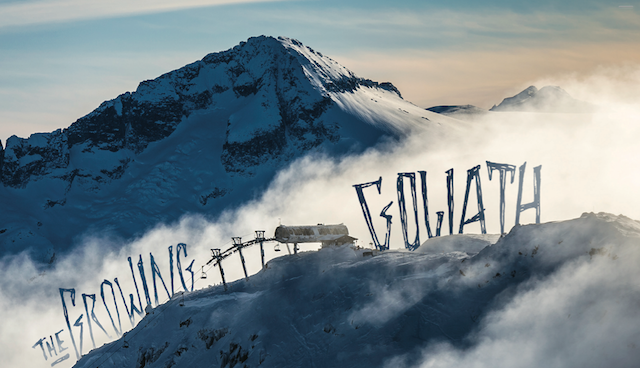
Howard Head forges metal edges; Doppelmayr unveils the high-speed chairlift at Breckenridge; Dean Coombs deploys helicopters in the Alaskan Chugach; Shane McConkey unleashes reverse sidecut, reverse camber skis… and the latest in skiing’s monumental moments: Vail Resorts buys Whistler Blackcomb. Imagine Ford buys Chevy. Steinbrenner buys the Red Sox. Coke buys Pepsi. Yes, Vail’s $1.1 billion purchase of only three-quarters of Whistler Blackcomb is that big of a deal, not just because of the historic rivalry or the fact that it’s one of the largest prices ever paid for a ski resort; the two most renowned entities in North American skiing have joined forces, creating what will soon become the world’s largest ski resort company.
“Huge. Extraordinary. This is the biggest deal ever. I can’t imagine one bigger,” said Hugh Smythe, a founding father of Whistler Blackcomb who guided the British Columbia resort through its 50-year trajectory toward becoming the largest, most trafficked, highest-grossing ski area in North America.
Smythe’s hyperbole reverberated across the skiing industry on that Monday in August when the deal was announced. Even hardened competitors of Vail Resorts (VR) acknowledged the bravado of the deal orchestrated by VR’s chief executive officer, Rob Katz.
Behind the hardly whispered catcalls of the growing empire and the threat of a corporate culture diluting Whistler’s electric, eclectic vibe, industry watchers grudgingly hailed the acquisition as Katz’s coup, a triumph that will elevate Vail Resorts and Whistler Blackcomb into an international powerhouse.
Most jaw dropping was the price. Considering that Japan’s Nippon Cable still owns a quarter of Whistler Blackcomb, VR’s stock-and-cash deal valued the 8,171-acre resort at more than $1.3 billion. And Katz, who has led his company’s ascension to resort ruler by adding nine resorts in three countries to VR’s stable in the past six years, paid top dollar. His price valued the resort at about 13.6 times Whistler Blackcomb’s annual earnings, being roughly $95 million for 2016—its best performance ever. Before Whistler, Katz was well-known for frugal purchases, like California’s Kirkwood for $18 million and Utah’s Park City for $182.5 million. He only paid more than eight times earnings—the common pricing strategy for ski resorts—once, with the Perisher acquisition in 2015. He almost doubled that with Whistler Blackcomb, setting a somewhat dubious price point for resort sales.
“This is a really incredible resort that has delivered amazing results and the terms of the transaction really reflect that,” said Katz, calling Whistler Blackcomb “one of the most iconic resorts in the world” and noting that his company has never stopped eyeing Whistler and “what could some day be possible.”
The deal harkens back to the late 1980s and early 1990s when Japanese investors paid huge dollars for resorts across the western United States—like Steamboat for $110 million in 1990, roughly $90 million more than its sales price a decade earlier. Those at-the-time staggering deals prodded the sudden growth of American Skiing Co., which imploded in the early 2000s, only a few years after borrowing way too much to fund deals like the $289 million purchase of Steamboat and Heavenly. American Skiing’s highly leveraged buys became a sort of industry benchmark for how not to buy big things, a lesson that has lingered for more than a decade. Until the Vail-Whistler marriage.
To pay that much, Katz is counting on a big payoff. But unlike Les Otten, the mastermind behind American Skiing’s spectacular collapse, Katz will likely notch the win. Whistler Blackcomb turns a pretty penny—Katz expects about $129 million a year—and it’s got the elusive connection with Pacific Northwest, Canadian and Asian skiers, opening several markets VR has long coveted.
The other winners could be Whistler skiers, whose $1,319 season passes will drop by about 40 percent when Vail Resorts’ $800-plus Epic Pass sweeps through British Columbia in 2017-18. (Not to mention, Epic Pass users get five days at Whistler Blackcomb this season.) If Colorado’s 15-year-old season pass war is a quality blueprint, other Pacific Northwest and British Columbia resorts soon will re-think season pass pricing strategies, aiming to keep pace with VR’s pennies-an-acre offering in the Epic.
Katz could pick up about 150,000 passholders with the addition of Whistler Blackcomb, pushing his Epic Pass sales close to 700,000, which likely eclipses the combined season pass purchases in the entirety of the U.S.
The whole new-boss-in-town thing can be disconcerting and Whistler locals expectedly decried the acquisition as an aggressive takeover if not a hostile invasion. But Whistler’s ownership history is hardly a tale of wine and roses.
Whistler was the flagship of Intrawest in the late 1990s and early 2000s, when the goliath ruled resortdom with real estate sales often surpassing revenue from skiing. Then, at the apex of the real estate bubble in 2006, when the company grossed $1.6 billion, New York hedge fund Fortress Investment Group paid a staggering $2.8 billion for the 10-mountain-strong Intrawest. About half of that was debt. Then everything went to sh#t.
As the economy stumbled and banks failed, Fortress was gasping under debt and Intrawest started jettisoning resorts. In 2012, Denver’s private equity firm KSL Capital Partners bought Intrawest’s 24-percent stake in Whistler, spending about $13 a share and leaving 24 percent with Nippon and the rest with undisclosed shareholders.
Since then, those shareholders have done well, reaping strong dividends that arguably pinched the resort’s ability to invest big in new projects. VR’s unsolicited offer—$36 CAD per share—close to tripled the IPO investment.
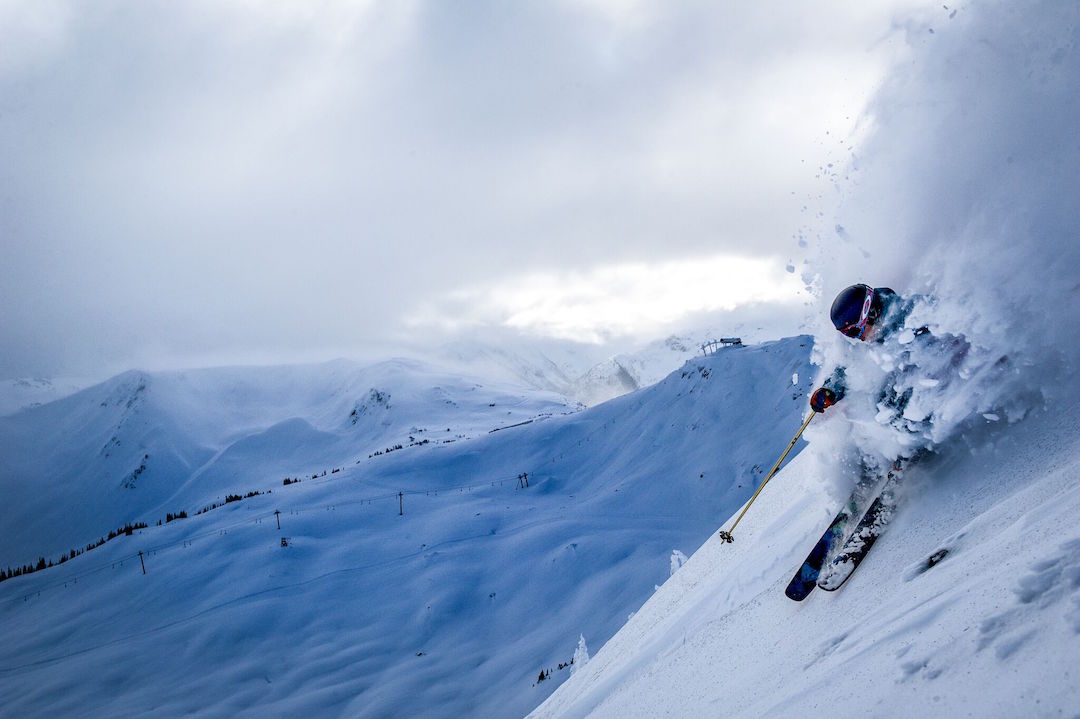
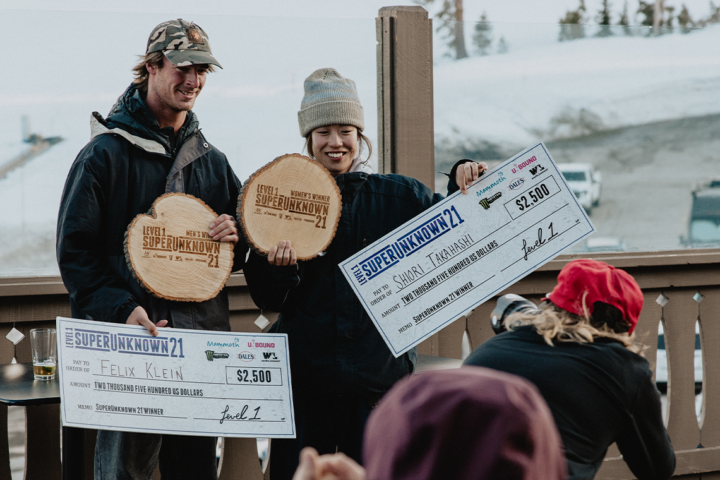
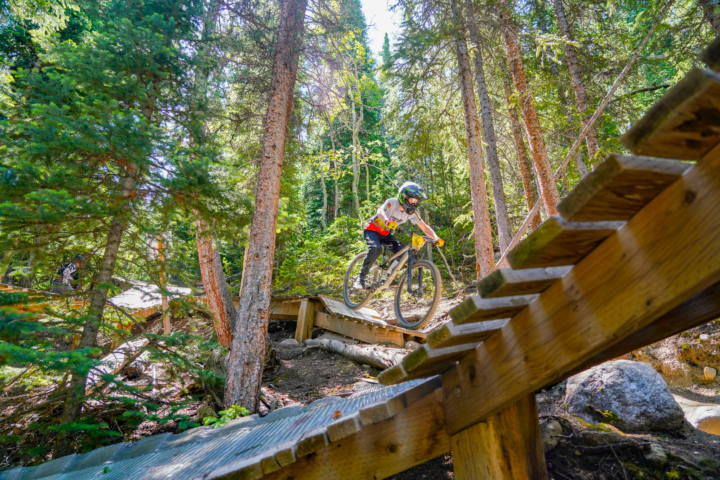
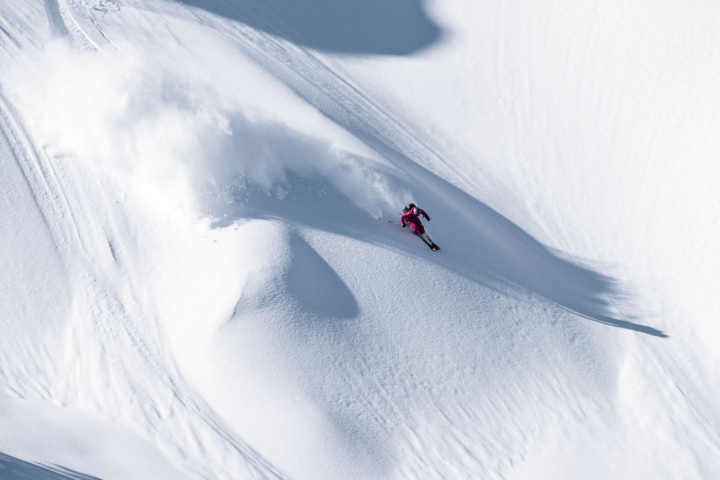
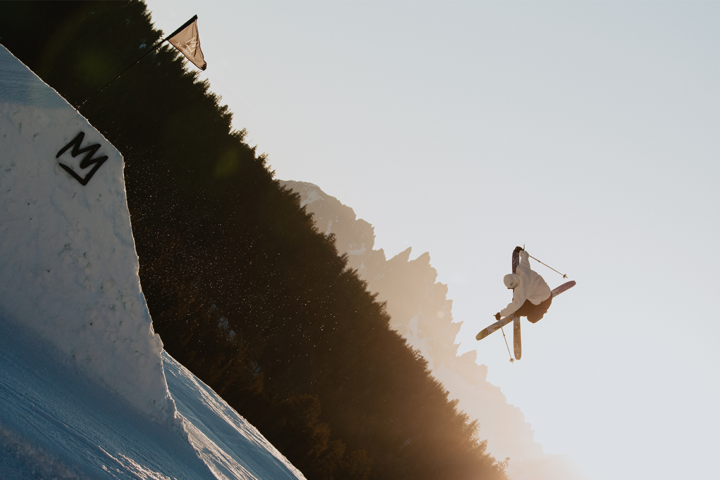
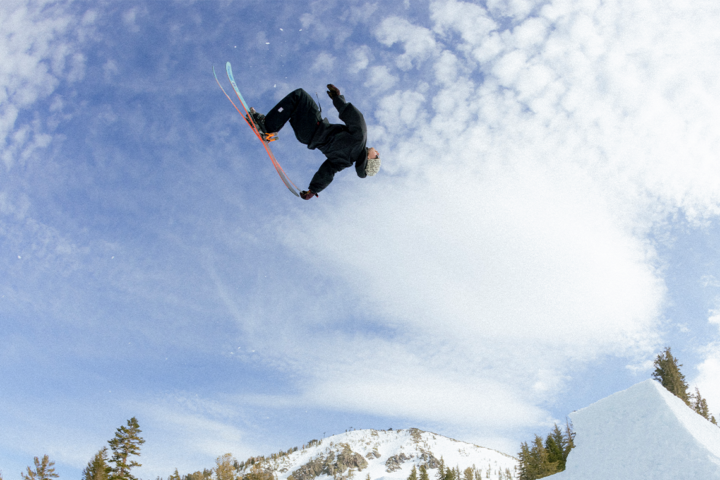
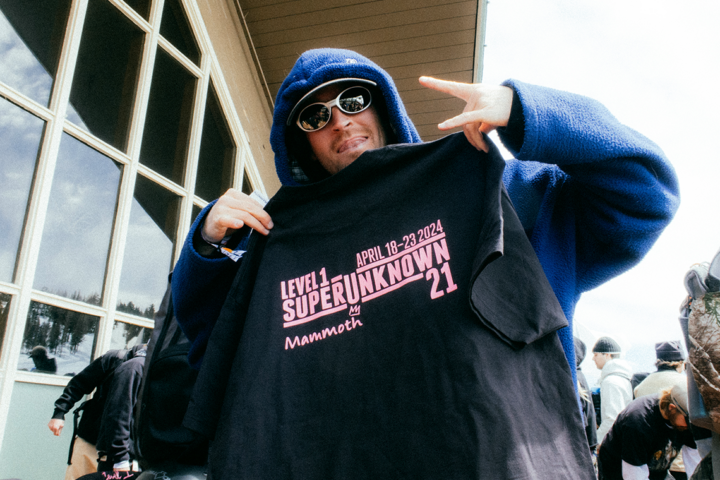

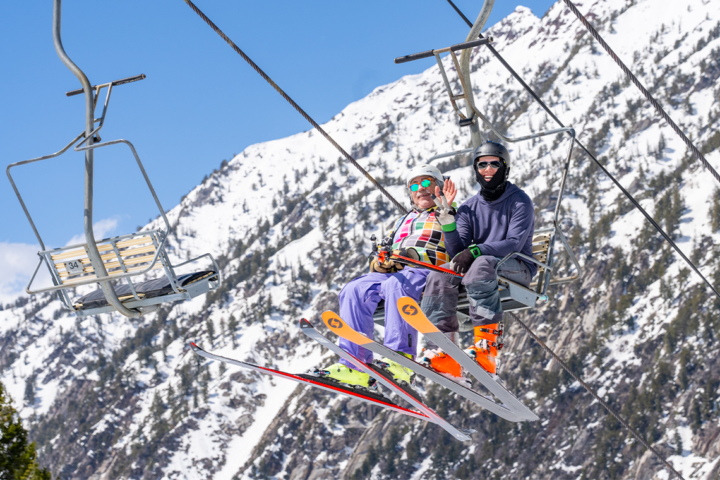
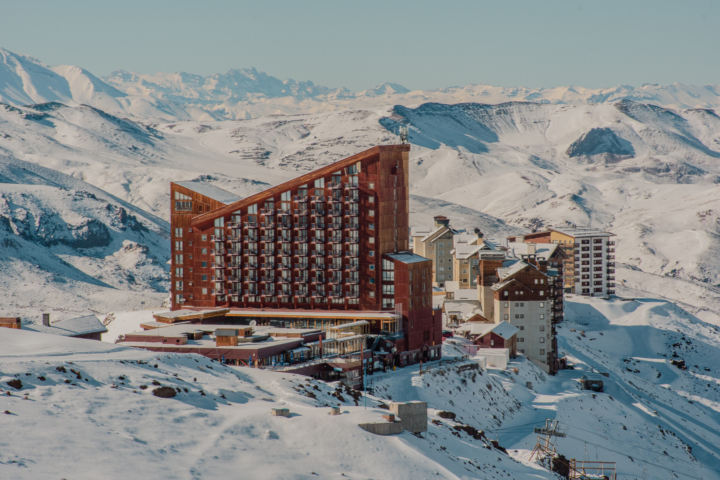
4 thoughts on “The Growing Goliath: Vail Resorts’ acquisition of Whistler Blackcomb is the latest step in a quest to own skiing”
Comments are closed.